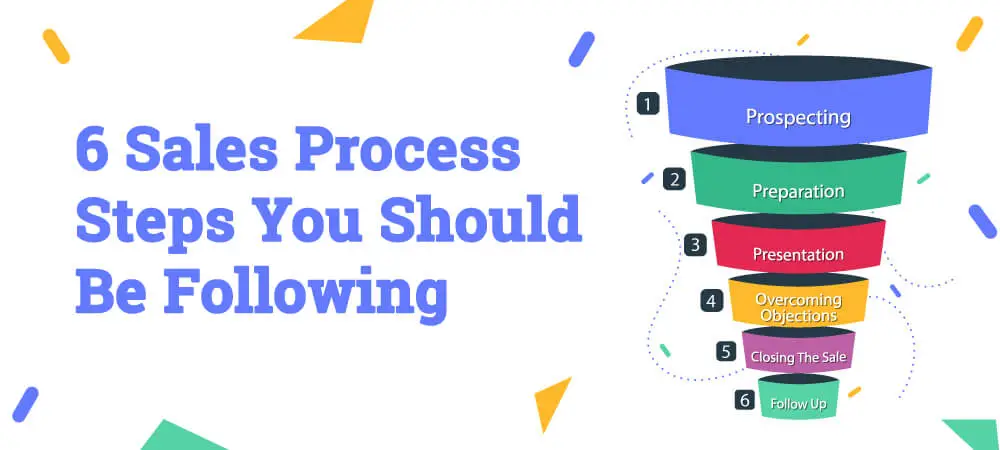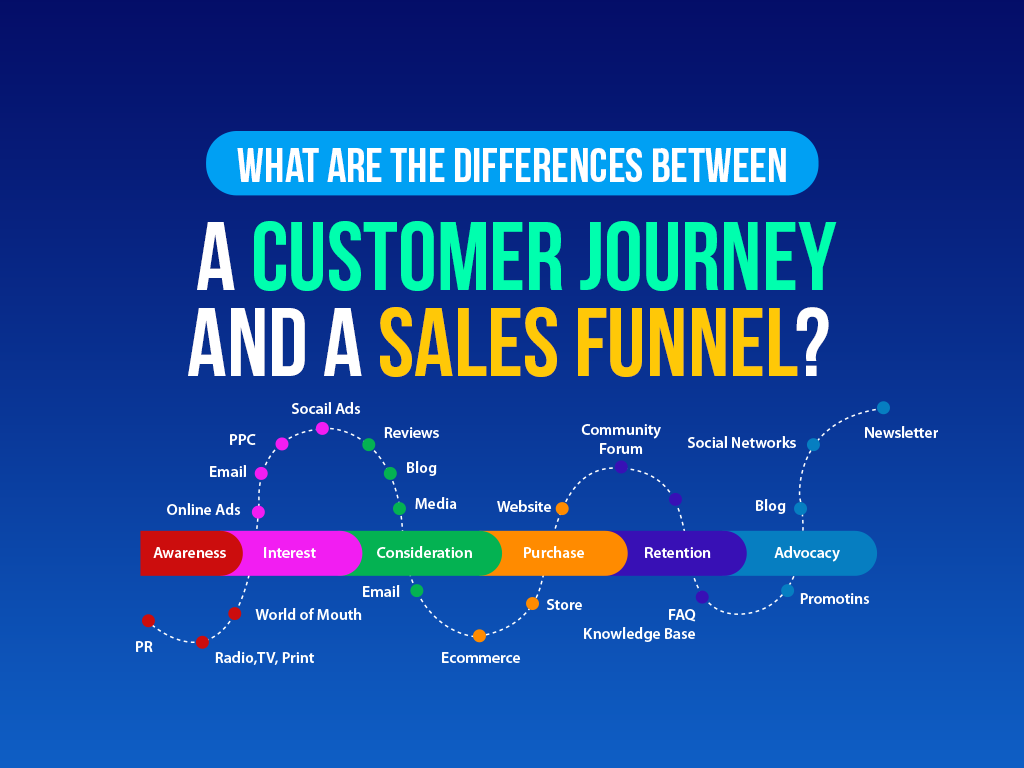You may have heard that emotional intelligence is a crucial factor in the world of sales, but do you truly understand its role and impact? In this blog post, we will investigate into the significance of emotional intelligence in sales and how it can make all the difference in building successful client relationships and closing deals. From navigating challenging conversations to understanding and fulfilling customer needs, emotional intelligence plays a vital role in every aspect of the sales process. Let’s explore why emotional intelligence is a key component for sales professionals looking to excel in their roles.
Key Takeaways:
- Builds trust: Emotional intelligence helps sales professionals establish trust and rapport with customers by understanding their emotions and needs.
- Effective communication: Salespeople with high emotional intelligence can communicate effectively, listen actively, and tailor their messages to resonate with their audience.
- Improves relationships: By empathizing with customers, sales professionals can create stronger relationships, leading to better customer retention and loyalty.
- Manages objections better: Emotional intelligence enables salespeople to handle customer objections and rejections gracefully, turning challenges into opportunities.
- Boosts sales performance: Sales professionals who leverage emotional intelligence can increase their sales performance, as they can adapt to various situations and customers more effectively.
Understanding Emotional Intelligence Components
Self-Awareness in Sales
Any successful sales professional understands the importance of self-awareness in their interactions with clients. Self-awareness involves recognizing one’s emotions, strengths, weaknesses, and how they impact others. By being in tune with their own emotions, salespeople can better navigate challenging situations, regulate their responses, and build more authentic relationships with clients.
Managing Emotions for Sales Success
Intelligence is key when it comes to managing emotions for sales success. Sales professionals need to be able to understand and control their emotions effectively to stay focused and productive in high-pressure sales environments. By developing emotional intelligence skills such as self-regulation and resilience, salespeople can handle rejection, overcome obstacles, and maintain a positive attitude throughout the sales process.
Understanding the impact of emotions on sales success involves more than just controlling one’s own feelings. It also includes being able to empathize with clients, understand their perspectives, and adapt communication styles accordingly. By demonstrating empathy and emotional intelligence in sales interactions, professionals can build trust, increase customer satisfaction, and ultimately drive sales performance.

Application of Emotional Intelligence in Sales Strategies
Building Relationships with Clients
Even in the fast-paced world of sales, taking the time to build genuine relationships with clients can set you apart from the competition. Emotional intelligence plays a crucial role in understanding client needs, communicating effectively, and building trust. By demonstrating empathy and actively listening to clients, sales professionals can create meaningful connections that drive long-term customer loyalty and repeat business.
Navigating Rejections and Setbacks
With the inevitable rejections and setbacks that come with sales, emotional intelligence is key to staying resilient and focused on your goals. Handling rejection with grace and professionalism, while maintaining a positive attitude, can turn a setback into an opportunity for growth. It’s important to harness emotional intelligence to stay motivated, learn from mistakes, and continue moving forward in the face of challenges.
Sales professionals who possess high emotional intelligence are better equipped to handle rejection and setbacks without letting it affect their confidence or performance. By recognizing their emotions, managing stress effectively, and maintaining a positive mindset, they can navigate the ups and downs of sales with resilience and determination.
Emotional Intelligence Training for Sales Professionals
Developing Empathy and Active Listening Skills
The ability to understand and empathize with clients is crucial in building strong relationships and closing deals in sales. Sales professionals can enhance their emotional intelligence by developing empathy and practicing active listening skills. This involves putting oneself in the shoes of the client, understanding their perspective, and truly listening to their needs and concerns. Through empathy and active listening, sales professionals can build trust, establish rapport, and better address the needs of their clients.
Techniques for Emotional Regulation in High-Pressure Sales Environments
Sales environments can be high-pressure, requiring sales professionals to manage their emotions effectively to stay focused and perform at their best. Techniques for emotional regulation in such environments include deep breathing exercises, mindfulness techniques, and positive self-talk. By staying calm and composed, sales professionals can make better decisions, think clearly, and communicate effectively even in challenging situations.
Emotional intelligence plays a vital role in sales as it helps in understanding client’s needs, managing tough situations, and building trust. By enhancing emotional intelligence through training and practice, sales professionals can improve their sales performance, build stronger relationships with clients, and achieve greater success in their careers.
Measuring the Impact of Emotional Intelligence in Sales Performance
Emotional Intelligence and Sales Metrics
Impactful sales professionals go beyond just meeting targets; they build relationships, understand client needs, and adapt their sales approach accordingly. Emotional intelligence plays a vital role in achieving these goals, as it directly impacts key sales metrics such as conversion rates, customer satisfaction, and repeat business.
Case for Emotional Intelligence in Sales Team Development
An effective sales team is not just about individual skill sets; it’s about team dynamics and collaboration. Emotional intelligence in sales team development can lead to better communication, conflict resolution, and overall team success. By cultivating emotional intelligence within the team, sales leaders can enhance productivity, morale, and ultimately, the bottom line.
Measuring the impact of emotional intelligence in sales team development involves assessing not just individual performance but also team dynamics and overall sales outcomes. By tracking key indicators such as team collaboration, communication effectiveness, and customer feedback, sales leaders can measure the tangible benefits of emotional intelligence within their sales teams.
To wrap up
To wrap up, emotional intelligence plays a crucial role in sales by helping sales professionals understand and connect with their clients on a deeper level. By being aware of their own emotions and those of others, salespeople can build stronger relationships, improve communication, and ultimately drive more sales. The ability to empathize, communicate effectively, and navigate challenging situations with emotional intelligence can set top-performing sales professionals apart from their peers. To investigate deeper into this topic, check out 5 Reasons Why Emotional Intelligence Matters in Sales.





